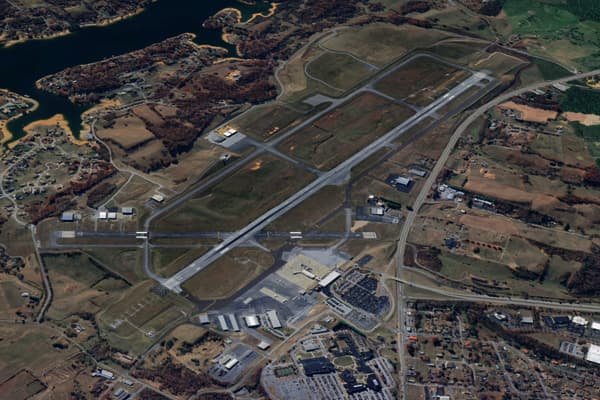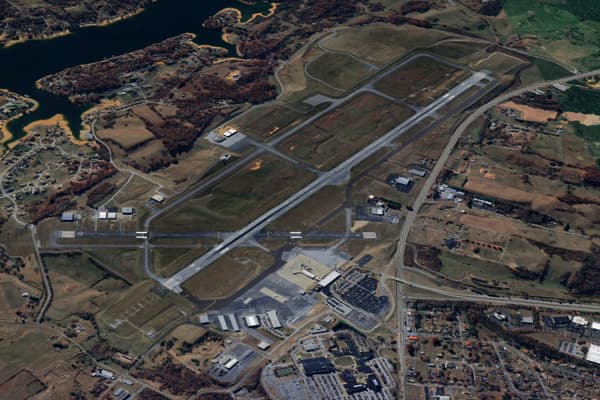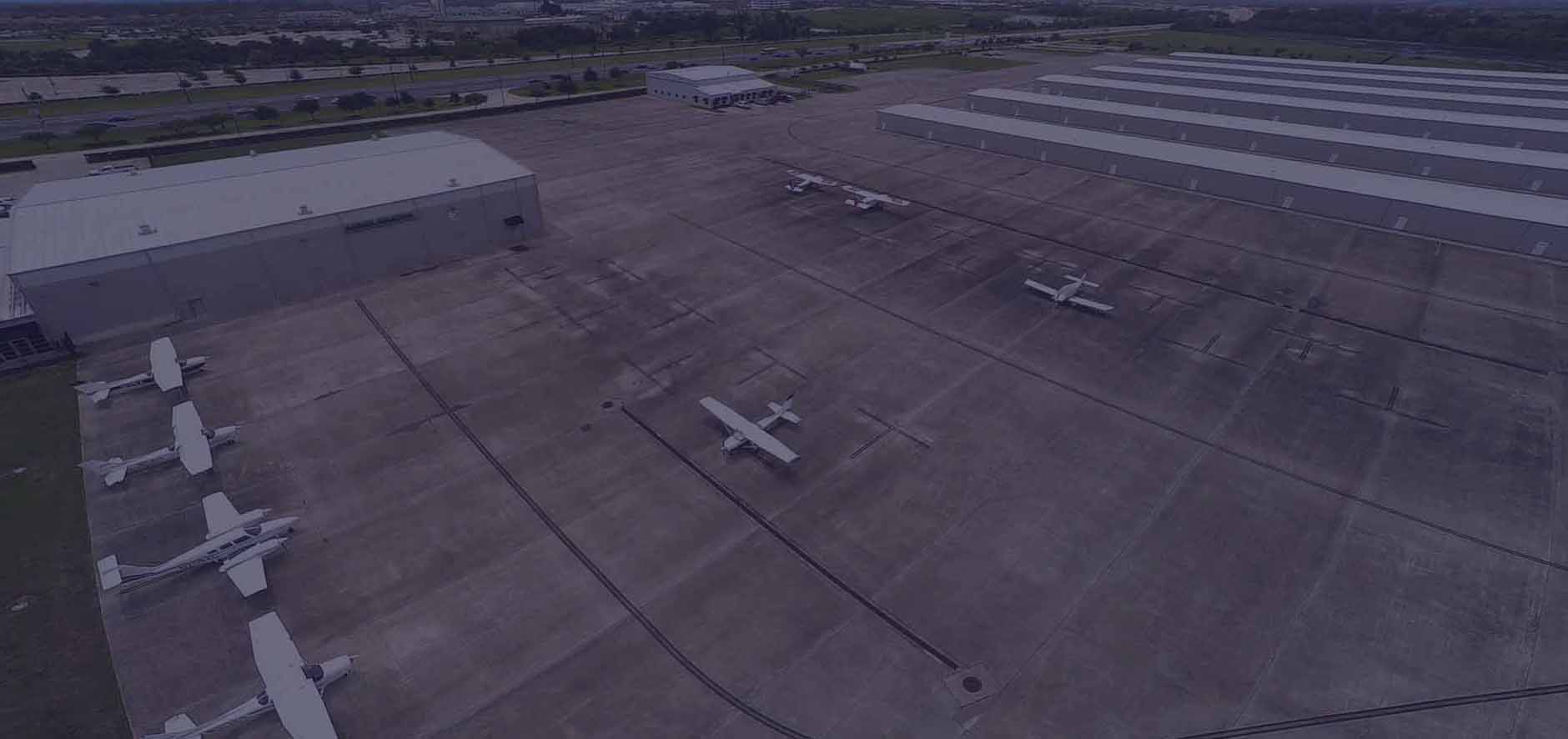
Tri-Cities Airport Financial Plan

R.A. Wiedemann & Associates, Inc. was selected as part of a team for the financial plan portion of the Tri-Cities Airport Master Plan. For this study, a comprehensive financial assessment reviewed six fiscal years of operating results, non-operating revenue, and pandemic impacts to define the Airport's starting fiscal position and risk profile. Using that baseline, a 20-year forecast through 2043 projected passenger enplanements rising from 220,400 to nearly 280,000 and corresponding growth in commercial operations.
Revenue gains were further modeled on two strategic initiatives:
- Self-operated FBO (effective May 1, 2027): Assumed fuel sales, hangar rents, and ground-handling services boosted net operating cash flow beginning FY 2028.
- Tri-Cities Aerospace Park & 36-Acre Non-Aviation Parcel: Lease income from 160 aviation acres plus new commercial development was projected to diversify long-term revenues and reduced dependence on airline fees.
The Capital Improvement Program (CIP) totaled $259.4 million across three phases. Financial modeling showed that net operating surpluses, once the FBO is in place, cover all Phase 2-3 local shares on a pay-as-you-go basis. Only Phase 1 required interim borrowing and reserve strategies to bridge an estimated $5.8 million gap. The recommended funding mix combined AIP entitlements, PFCs, targeted revenue bonds, and reinvested operating cash.
Key deliverables included:
- Final Financial Analysis & Forecast Report
- Capital Improvement Program funding matrix and debt schedule
- FBO Business Model & Transition Plan
- Aerospace Park land-use proforma and lease-rate schedule
- KPI dashboard for ongoing performance monitoring and compliance
This plan prepares Tri-Cities Airport to finance critical infrastructure, assume FBO operations, and leverage under-utilized property while maintaining required debt coverage and cash reserves.

